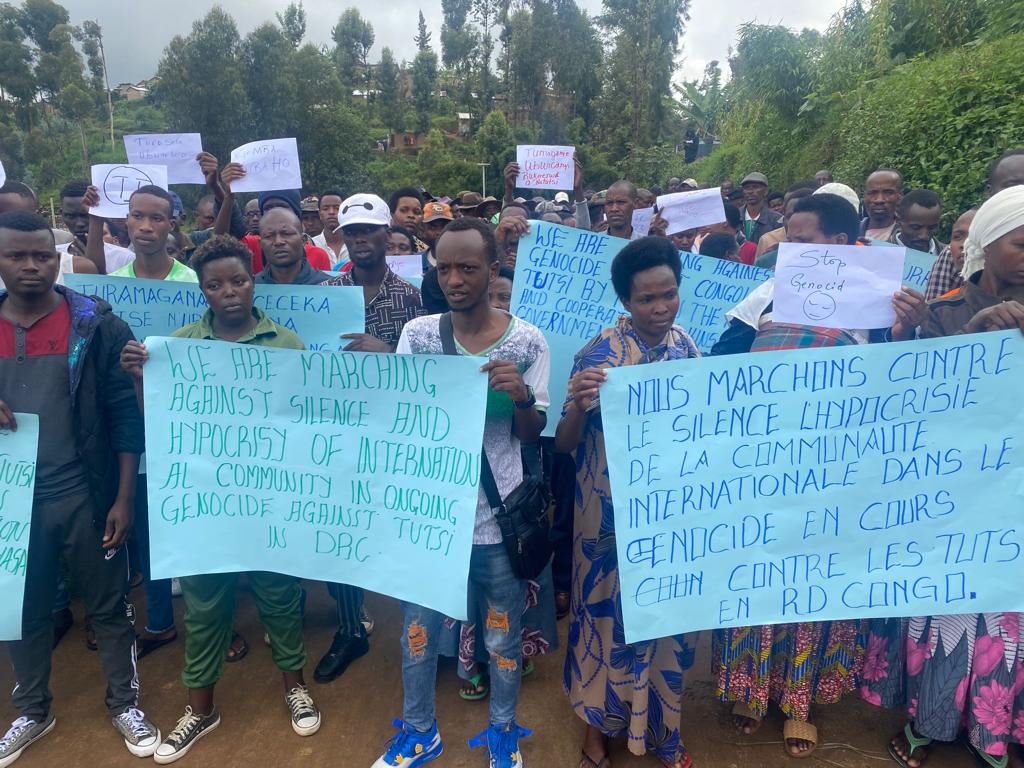Regional
DRC: Resettling refugees to the West will not solve security crisis
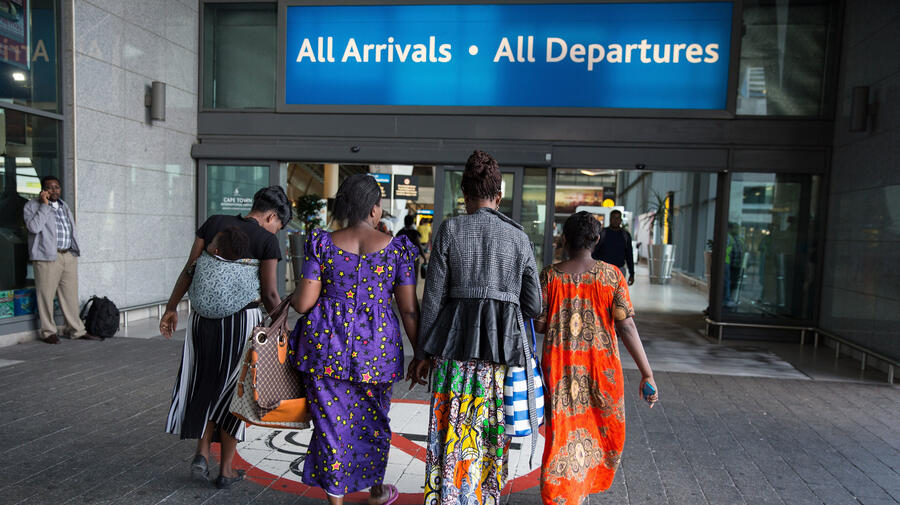
A Congolese family heads to a new life in France, Cape Town International Airport, South Africa, March 2017.
For
more than two decades, the Democratic Republic of Congo (DRC) has been marred
by a long history of violence which only gets worse. The dire situation in the
country causes an influx of refugees fleeing the war to neighboring countries.
By
February 2023, the UN Refugee Agency reported more than one million Congolese
refugees and asylum-seekers in countries bordering DRC, with nearly half of
them sheltered in Uganda (479,400). Others are scattered in Burundi; (87,500) and
Tanzania (80,000) and elsewhere.
Rwanda
has more than 72,200, Zambia 52,100; the Republic of Congo 28,600 and Angola
23,200.
In
2022 alone, Rwanda and Uganda received more than 100,000 refugees from eastern
DRC fleeing persecution and a consistent threat to their lives. The majority
are Kinyarwanda speaking Congolese Tutsi.
As one
of a ‘durable solution’ for these refugees who fled their homes, is the
resettlement to third countries. These Congolese refugees are then resettled to
Western countries like the US, Canada, and Norway, among others.
According
to the US Bureau of Population, Refugees, and Migration (PRM), in 2013,
approximately 11,000 Congolese refugees arrived in the US from 36 countries. By
2018, the number was 30,000, with a new initiative to add the number.
Per
year, an average of 2,000 Congolese refugees are resettled from Rwanda, and more
than 1,000 have departed Uganda to the US, and Norway, respectively. Most of
these refugees are Congolese Tutsi who have fled the persecution in their own
country.
The
resettlement of these refugees is often portrayed as a ‘humanitarian’ act, but several
actors are wondering if this is really a solution to the Congolese Tutsi
refugees around the world.
Congolese
Tutsi refugees are fleeing their homes because of a looming Genocide. Anti-Tutsi
propaganda and genocidal venom have triggered an escalation of hate speech and
incitement to discrimination, killings and looting of properties belonging to
Congolese Tutsi.
This
persecution is often executed by a coalition of the national army, FARDC, the
Rwandan genocidal militia, FDLR, local Congolese Mai Mai groups, and other
negative groups.
Despite
several calls made to the international community about acts of a Genocide
against the Tutsi in eastern DRC, Western countries have instead resorted to
investing in the relocation of the refugees to their own countries since
repatriation does not appear likely for Congolese refugees anytime in the near
future.
A
regional political analyst who spoke to this website argued that the move looks
like a policy to uproot the Tutsi community from their homeland.
She
said: “The Tutsi have always been denied identity and nationality in their
country; they are often told to go ‘back to their country’ the latter being
Rwanda. And that’s the challenge, or problem.”
“For
long, the Congolese have chased their Tutsi compatriots, often telling them to
‘go back home’, they do not want them in their country. When Western countries
resettle them to their countries, they are reaffirming that there is no hope
for them in their own country, DRC.”
For
far too long, the international community has ignored the pleas of Congolese
Tutsi, who are fighting for their lives in their own country. Resettling them
without addressing the root causes of the situation they fled can only be considered
a ‘consolation prize’, and the silence of these West renders them complicit.
Exploiting a crisis
Why
are these Western countries more invested in resettling Congolese refugees to
their countries, instead of investing in finding a lasting solution to the
security crisis in their country of origin?
According
to the US State Department, a minimum of $2,275 per refugee is needed to cover
the costs of resettlement, meaning that the US spends over $100 million to
cover the resettlement bill of Congolese refugees per year.
The
number of refugees is expected to grow. When he took office, US President Joe
Biden said that his administration’s target is to resettle 62,500 refugees per
year.
Once
they arrive in Western countries, they are offered jobs in industries, farms
and construction sites, but are often paid below the minimum wage. For these
countries, these refugees are much needed cheap manpower.
According
to a 2021 study by the World Migration Institute, countries refugees relocate
to have been criticized for inadequately supporting refugees and lack of
political assistance. Then there is the refugees’ low income status which will only
lengthen with their stay in host countries.
While Western
countries argue that what they are doing is charitable, they are benefiting
more from the scheme.
Western
countries are taking advantage of the insecurity crisis in the east of DRC;
they can never be invested in finding a lasting solution to the crisis as long
as they are still profiteering, in one way or another.
On the
other hand, the DRC government takes advantage of this scheme of resettling
their own citizens to third countries.
Kinshasa
sees this as an opportunity to continue failing to protect its own citizens.



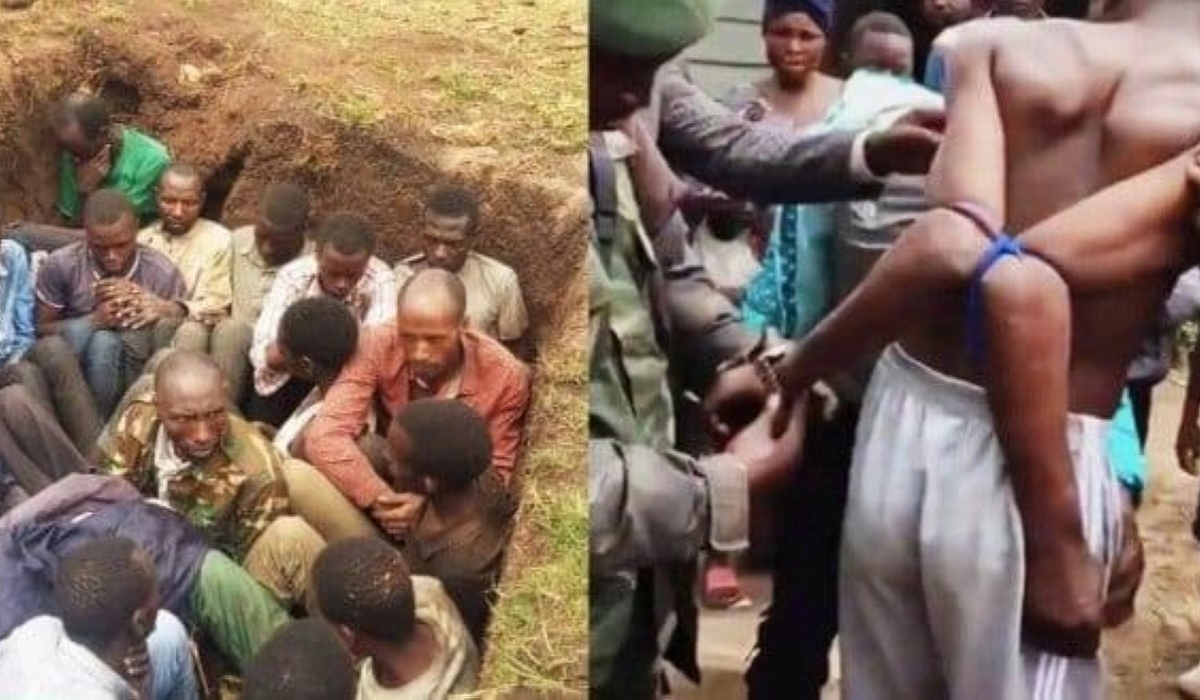
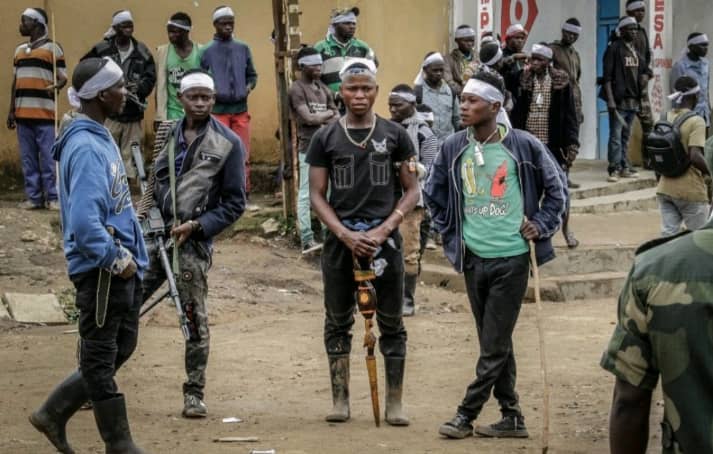
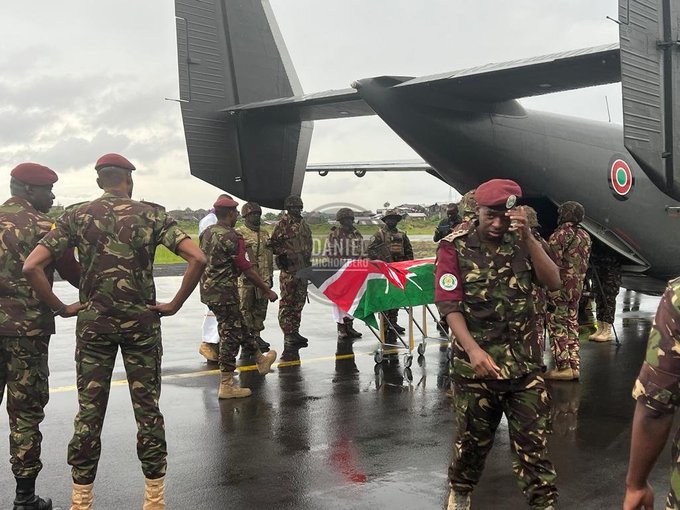
.jpg-20231025080945000000.jpg)
